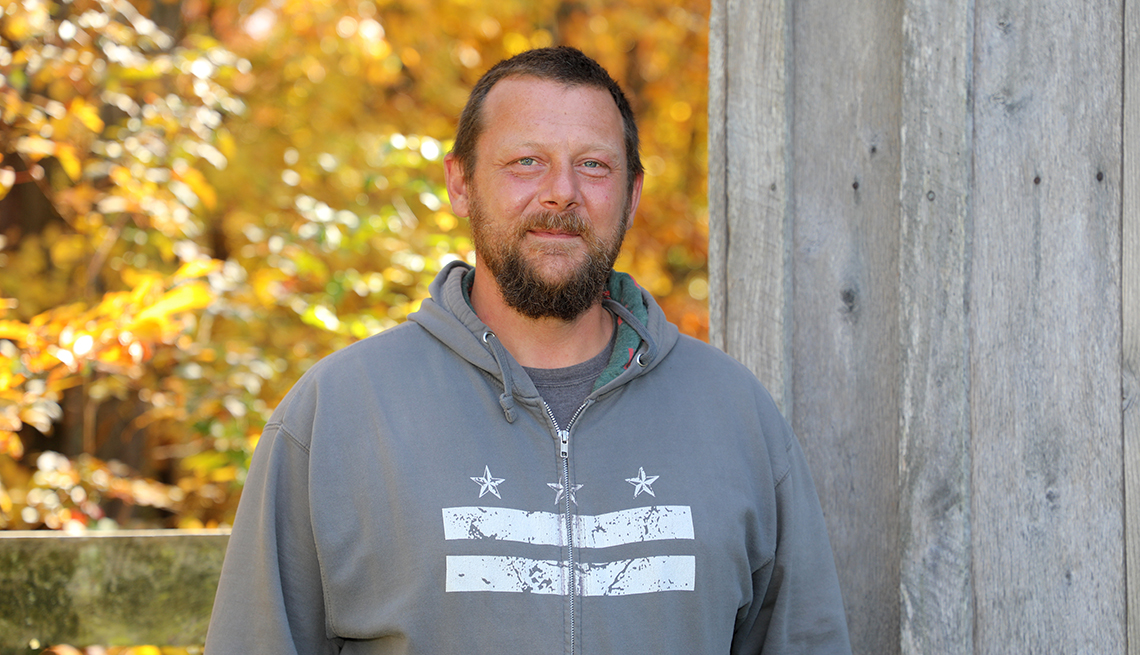
- Select a language for the TTS:
- UK English Female
- UK English Male
- US English Female
- US English Male
- Australian Female
- Australian Male
- Language selected: (auto detect) - EN
Play all audios:
[embedded content] The moment Peter Scott shared a box of vegetables from his backyard garden with his local veterans hospital was the first time he truly felt a sense of purpose since
leaving the military. Scott, a 12-year Army veteran, had served in Kosovo, Qatar and Pakistan before his final deployment to Afghanistan, as a counterintelligence agent. His job was to
interact with the locals in rural villages and identify foreign intelligence and terrorist organizations working to harm U.S. troops. However, the Sgt. 1st Class felt that his
usefulness there was dwindling. “Over the 12 years I was in service, we did a lot of really complex things, and they never turned out the way you want them to,” he said. “Or they didn’t
go the right way and people got hurt and I no longer believed in the fight. I no longer believed in the mission.” Upon returning home in 2010, Scott was diagnosed with post-traumatic
stress disorder. Faced with the decision to seek treatment or lose his family, he went to an inpatient program for combat veterans with PTSD offered through the Department of Veterans
Affairs (VA). “And [during] that time in between, I realized that I was missing a lot of the shared experience and community that the veteran community brings to me,” Scott said. Having
worked on highly classified missions, he decided he was never going to do anything that he would be unable to tell a stranger about. So, he explored his interests in the culinary arts,
brewing beer and taking up butchery before eventually finding his passion in gardening. PLANTING SEEDS FOR OTHERS Scott began gardening with two 30-foot beds. The next year he expanded to
ten 30-foot beds, and before he knew it, he’d ended up with a 7-acre farm. Understanding the veteran community’s need for fresh produce, he founded a nonprofit called Fields 4 Valor
Farms in 2016. It provides weekly deliveries of fresh produce to low-income military families in the Washington, D.C., metropolitan area. Most make less than $15,000 a year and receive
an estimated $1,500 worth of vegetables over a year. “You can buy a lot of macaroni and cheese for five bucks or a lot of potatoes, right? And you can fill up those bellies. But you’re not
getting the same amount of nutrition,” said Scott.









